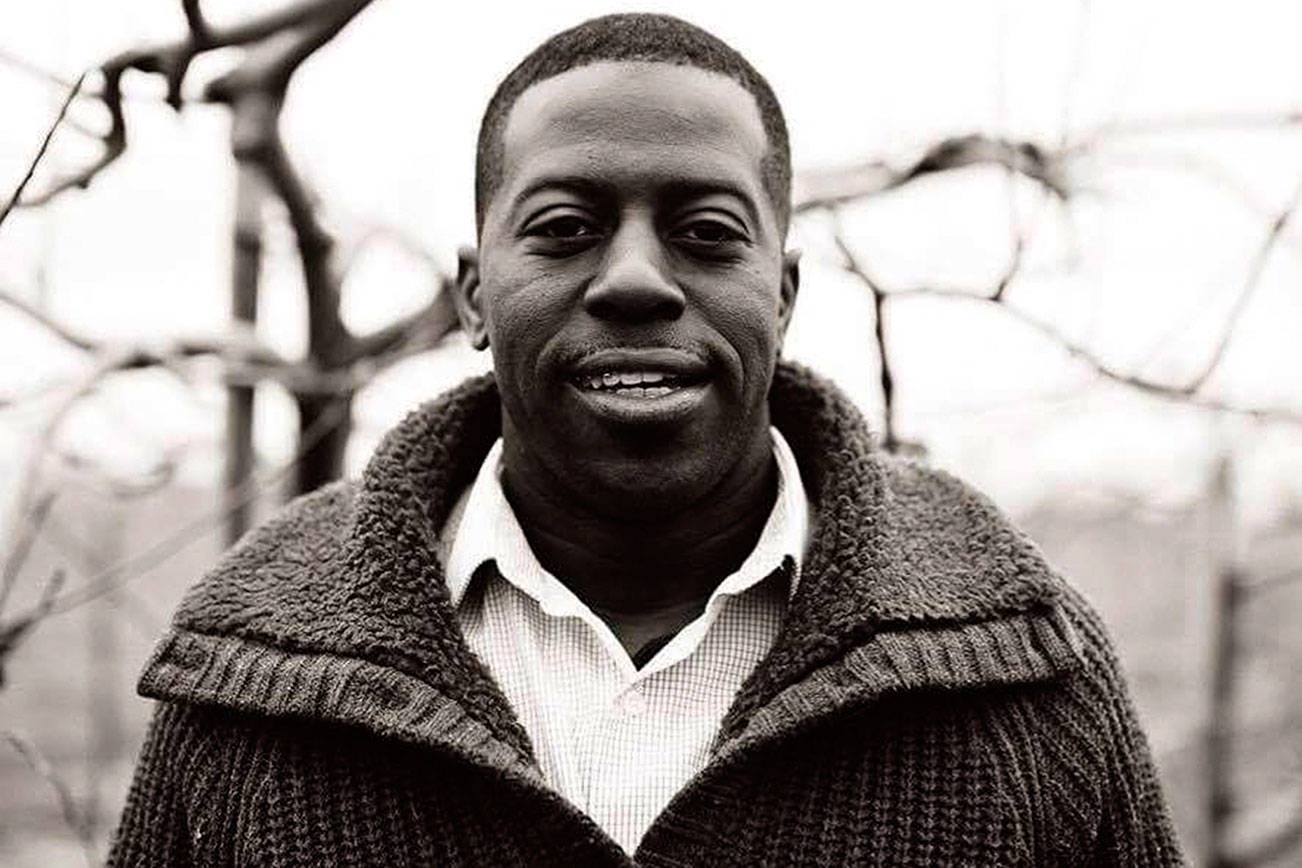The genesis of Naomi Wachira’s newest album, Song of Lament, was a spiritual one— perhaps even divine. For the soulful, Kenyan-born singer, the songs for the new 11-track record, out now, came to her during a stint in Germany while she was at one of the lowest emotional points in her life.
“Musically, I knew exactly what I wanted,” says Wachira. “I didn’t want someone to tell me what to do.”
So, housesitting for her sister and inspired by what she calls a “spiritual experience,” Wachira began building music. “I was really depressed,” she says, “having a hard time—things were not working out career-wise. But then the music started coming, started flowing.” Wachira composed the songs from the ground up, eventually finishing complete demos of all the tracks. “In a way, it came effortlessly,” she admits. “I didn’t have to search for anything.”
Wachira, who landed in Seattle in 2007, says the songs—some of which are euphoric and some of which are rich with sorrow—were inspired in part by her depression and in part by devastating international events happening seemingly, everyday. “In order to know hope,” she says, “you have to know what sadness feels like, too.”
And Wachira is no stranger to the depths of either. The daughter of a pastor, religion features prominently in her life. It’s also the reason she moved to Seattle, to study theology and culture at a local seminary. Good natured and empathetic, Wachira seeks to understand and honor the essence of people she encounters. It’s a trait she picked up from her father who, she says, would always look for the good in others. “My dad was a kind man who believed that everybody was good,” she says. “He had this maddening faith in people.”
But this ardent faith in humanity features prominently on her new album. The record is filled with assurances and notions of self-love, like on the third track, “Beautifully Human,” where Wachira sings about the gifts of the heart and being alive. But aspects of the album are also rooted in remorse, like on the record’s epic standout, “Farewell,” a two-minute heart-wrenching track promising to honor the spirit of someone who’s passed. “I feel part of my calling is about inspiring and empowering people,” she says. “This is what I’ve been created to do-to remind us of what we’re capable of being.”









